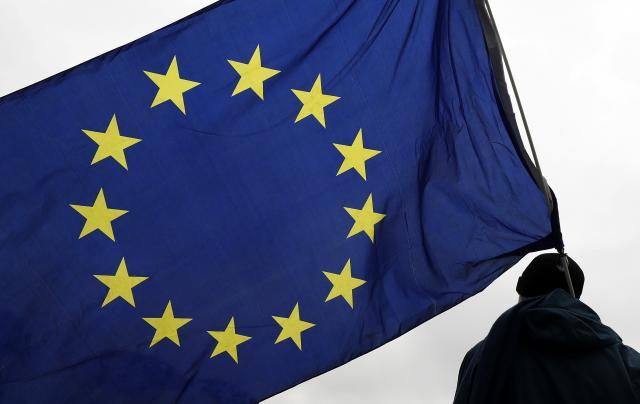 This “confirmed the European future of the region as a geostrategic investment in a stable, strong and united Europe based on common values,” the EC said in a press release.
This “confirmed the European future of the region as a geostrategic investment in a stable, strong and united Europe based on common values,” the EC said in a press release.
The strategy states that by 2015, the EU “could become larger than 27 members” – but that “the dynamics of moving forward on their respective EU paths for all Western Balkans is based on their own merits and at their own speed depending on the concrete results achieved. ”
Earlier on Tuesday, EC President Jean Claude Juncker said 2025 is not a date when Serbia and Montenegro must become EU members – but rather “an indicative date and an encouragement.”
The strategy adopted today “explains the steps that need to be taken by Montenegro and Serbia to complete the accession process in a 2025 perspective.”
“While others could catch up, Montenegro and Serbia are the only two countries with which accession talks are already under way. This perspective will ultimately depend on strong political will, the delivery of real and sustained reforms, and definitive solutions to disputes with neighbors,” the EC announced.
“All Western Balkan countries have the chance to move forward on their respective European paths,” the press release said, adding, “the Commission assesses all the countries in a fair and objective manner on the basis of their own merits and at the speed at which they achieve progress.”
“Albania and the former Yugoslav Republic of Macedonia are making significant progress on their European path and the Commission is ready to prepare recommendations to open accession negotiations, on the basis of fulfilled conditions,” it continued, and added:
“The commission will start preparing an Opinion on Bosnia and Herzegovina’s membership application following receipt of comprehensive and complete answers to its Questionnaire. With sustained effort and engagement, Bosnia-Herzegovina could become a candidate for accession. Kosovo has an opportunity for sustainable progress through implementation of the Stabilization and Association Agreement and to advance on its European path once objective circumstances allow.”
EU Commissioner for Neighborhood Policy and Enlargement Negotiations Johannes Hahn told TV O2 on Tuesday that 2025 is “an achievable and realistic, but also an ambitious deadline.”
The full text of the strategy (a PDF file hosted on ec.europa.eu)
The text adopted today contains fewer dates and deadlines than its various drafts reported about in recent days. Thus, the document mentions that in Serbia’s case “the interim benchmarks related to the normalization of relations with Kosovo (chapter 35) must be met and a comprehensive, legally-binding normalization agreement concluded urgently.”
Although no deadline is attached to it, the paragraph is located directly below the year 2018 in a graphic summing up the strategy: